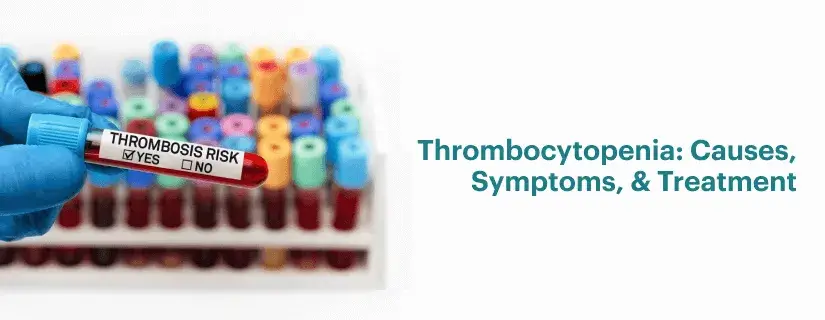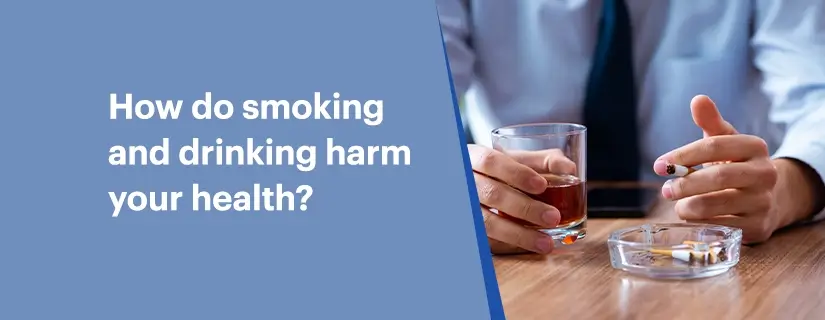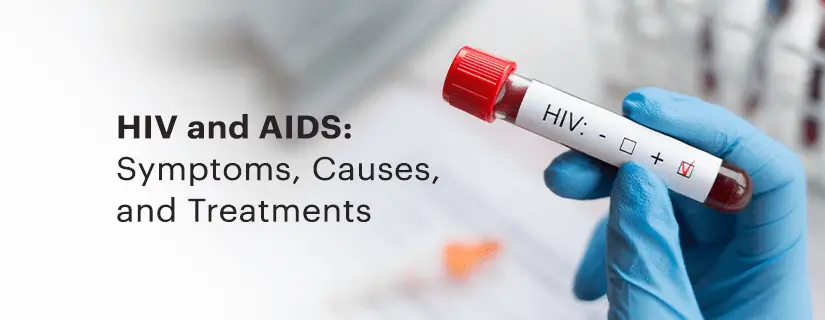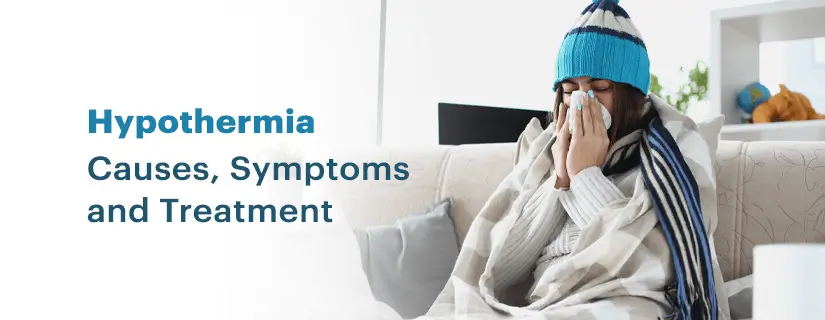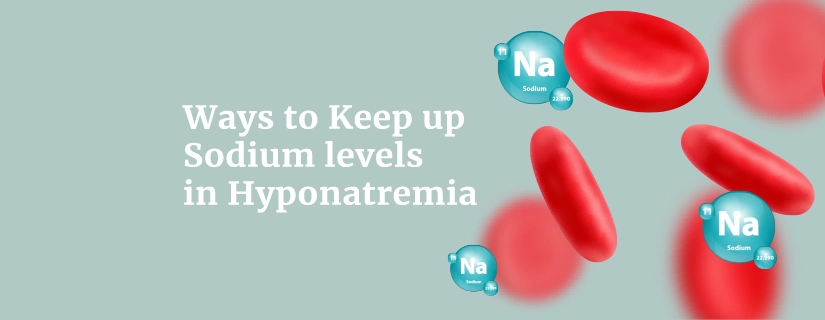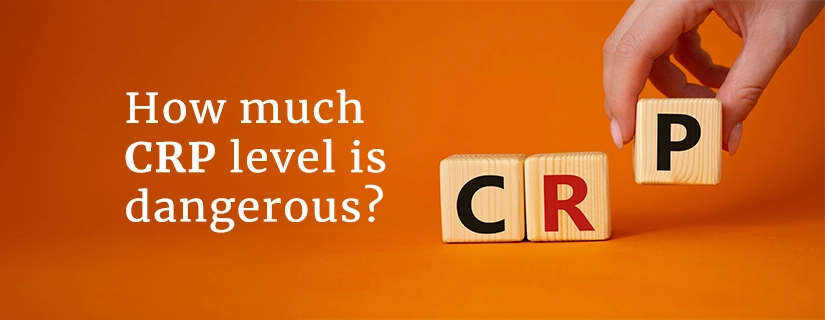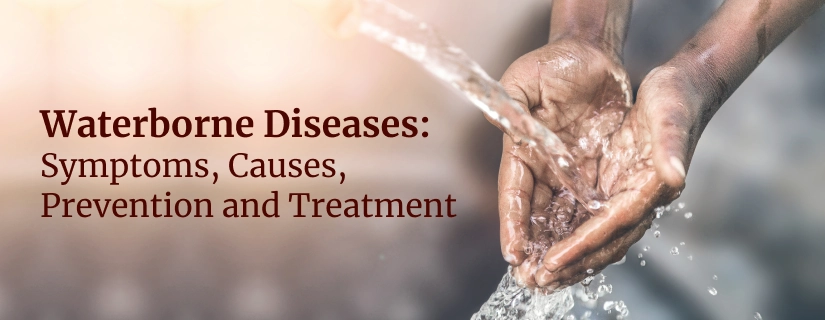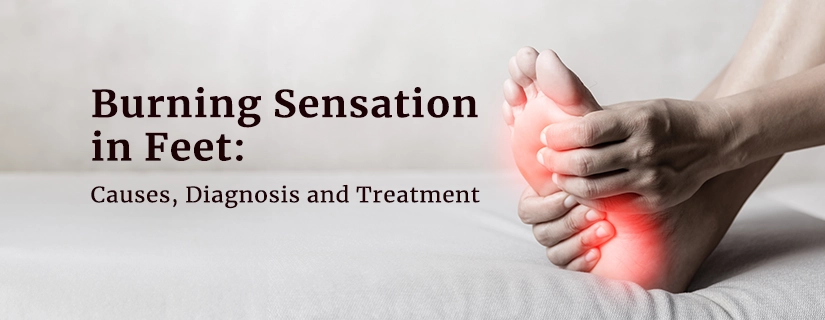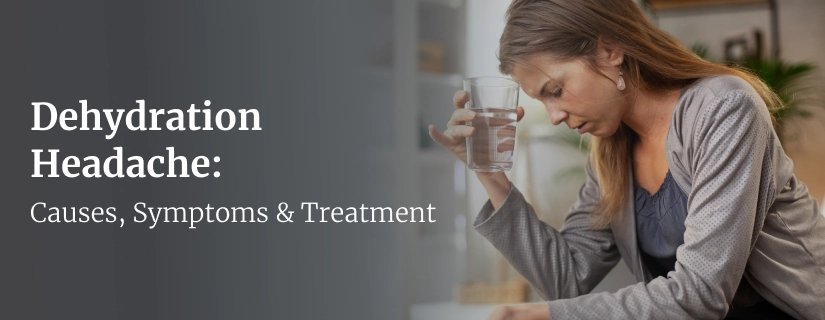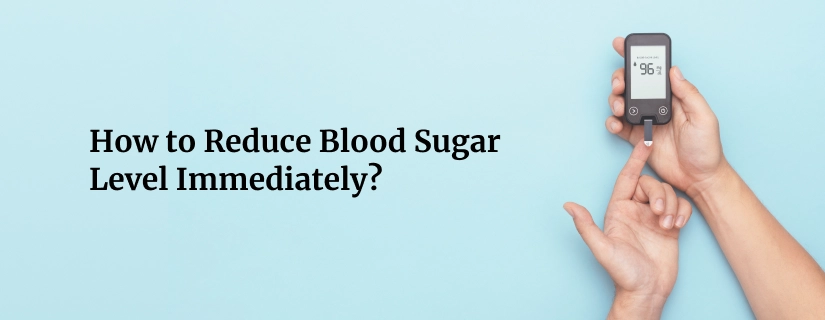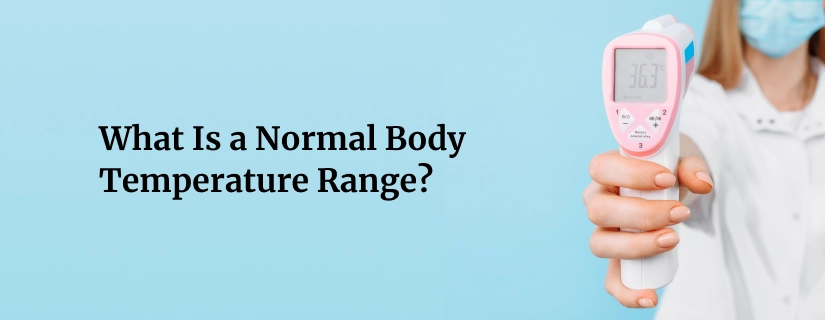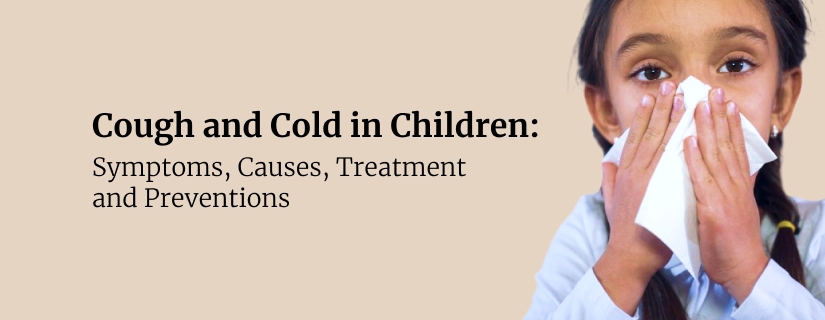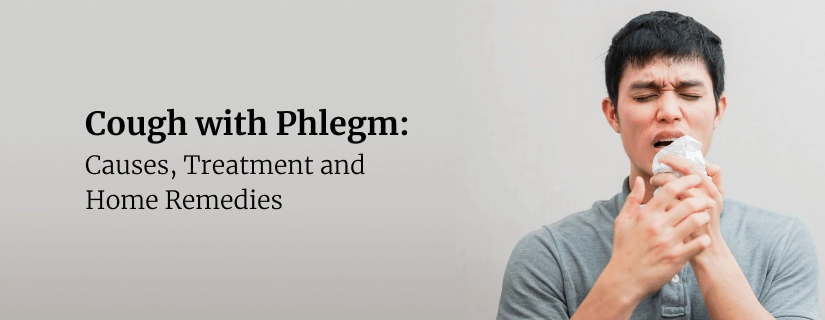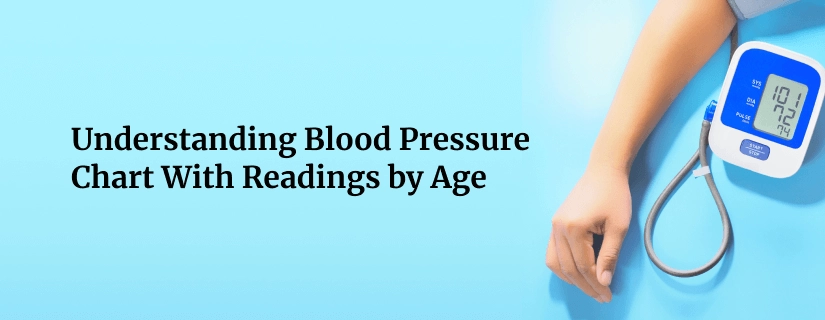-
Doctors
-
Specialities & Treatments
Centre of Excellence
Specialties
Treatments and Procedures
Hospitals & Directions HyderabadCARE Hospitals, Banjara Hills CARE Outpatient Centre, Banjara Hills CARE Hospitals, HITEC City CARE Hospitals, Nampally Gurunanak CARE Hospitals, Musheerabad CARE Hospitals Outpatient Centre, HITEC City CARE Hospitals, Malakpet
HyderabadCARE Hospitals, Banjara Hills CARE Outpatient Centre, Banjara Hills CARE Hospitals, HITEC City CARE Hospitals, Nampally Gurunanak CARE Hospitals, Musheerabad CARE Hospitals Outpatient Centre, HITEC City CARE Hospitals, Malakpet Raipur
Raipur
 Bhubaneswar
Bhubaneswar Visakhapatnam
Visakhapatnam
 Nagpur
Nagpur
 Indore
Indore
 Chh. Sambhajinagar
Chh. SambhajinagarClinics & Medical Centers
Book an AppointmentContact Us
Online Lab Reports
Book an Appointment
Consult Super-Specialist Doctors at CARE Hospitals
Symptoms, Causes, and Foods to avoid in Viral Fever
Updated on 21 July 2022
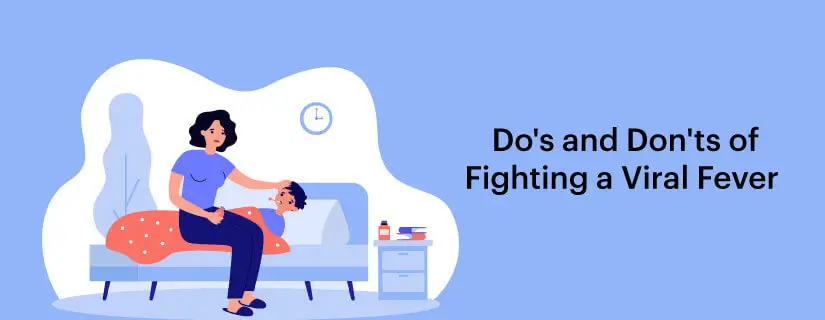
Table of Content
- What is a Viral Fever?
- Sign and Symptoms of Viral Fever
- What Causes Viral Fever?
- Types of Viral Fever
- Information Ways of Spreading Viral Infections
- Do’s for Fighting a Viral Fever
- Don’ts of Fighting a Viral Fever
- How is a Viral Fever Diagnosed?
- How are Viral Fever Treated?
- How to Prevent Viral Fever?
- How to Recover After Viral Fever?
- When Should Consult a Doctor?
- Foods to Avoid During Viral Fever
- Foods to Include for a Speedy Recovery
- FAQs
The collective term for fever that originates from different viral infections is known as viral fever. Typically, the temperature of a human body is around 37.1°C or 98.4°F. If the temperature goes above this value, one would have a fever. In some infections, viral fever tends to be a lower grade (<100°F) whereas, in others like dengue, it tends to be a higher grade (>100°F).
Generally, symptoms of viral fever are acute and occur more commonly during seasonal changes. In the case of most viral infections, viral fever lasts for 3 to 5 days. However, in severe cases, it may last for up to 2 weeks. Viral fever itself isn’t a disease or an illness. It is more a sign of the viral infection persistent in the body. Individuals having weak immune systems, kids, and older people are more prone to viral fevers.
What is a Viral Fever?
The average person's body temperature is around 98.6°F (37°C). Anything above this temperature is considered a fever. Fevers are frequently an indication that your body is fighting off a bacterial or viral infection. A viral fever is defined as any fever caused by an underlying viral illness.
Humans can be infected with a variety of viral infections, ranging from the common cold to the flu. Many viral infections cause a low-grade fever. However, some viral infections, such as dengue fever, can raise the temperature.
Continue reading to learn more about viral fevers, including symptoms and treatment options.
Sign and Symptoms of Viral Fever
The temperature range of viral fevers can vary from 99°F to over 103°F (39°C), based upon the type of virus causing them.
If you have a fever, you may experience some of the following viral fever symptoms:
- High-grade fever that may go up to 103° F or 104°F
- Sore throat
- Muscle or joint pain that is mild to severe
- Diarrhoea
- Fatigue
- Chills
- Facial swelling
- Appetite Loss
- Headache
- Runny nose
- Dehydration
- Vomiting/nausea
- Dizziness
- Redness/burning of eyes
- Skin rashes
What Causes Viral Fever?
Common causes of viral fever are catching viral infections, such as Coughing and sneezing. Contacting surfaces or objects that may have been touched by someone infected with a virus. These infections are reason for viral fever. Viruses are microscopic infectious agents. They infect and multiply within your body's cells. A fever is your body's defence mechanism against a virus. Because many viruses are temperature sensitive, a sudden increase in your body temperature makes you less hospitable to viruses.
There are numerous ways to become infected with a virus, including:
- When you come in close contact with a host (someone who has an active viral infection) or a carrier can result in the transmission of viral fever from one person to another. Keep in mind that someone who is not experiencing any symptoms of the viral fever could be carrying the virus, and can infect others.
- The consumption of contaminated water can also cause viral fever.
- The mini droplets of cough from an infected person can cause viral fever when inhaled.
- It can also get transmitted by sharing drinks or food with an infected person.
- Seasonal Flu is the highest contributor to causing Viral Fever.
- Viral infections also get transmitted by insects and animals. For example, Chikungunya, dengue, Zika virus, and yellow fever are viral infections that get spread due to insects and animals.
Types of Viral Fever
There are diverse types of viral infections, primarily determined by the affected body site, including:
- Upper respiratory infections: These encompass ailments like sore throat, sinusitis, and the common cold.
- Gastrointestinal tract infections: Examples include gastroenteritis, which affects the digestive system.
- Hepatitis: This constitutes a cluster of viral infections caused by various hepatitis viruses (A, B, C, D, and E).
- Neurological infections: Conditions like encephalitis and meningitis fall under this category, impacting the nervous system.
- Dermal infections: Viruses can induce skin issues like warts and blemishes. Additionally, some viruses affecting bodily systems may manifest as skin problems, such as rashes from chickenpox.
- Infections of the placenta and foetus: Certain viruses, notably cytomegalovirus, Zika virus, and rubella virus, have the potential to infect the placenta and affect the developing foetus in pregnant women.
Information Ways of Spreading Viral Infections
Viral infections spread through various means:
- Respiratory Droplets: Infected individuals release virus-laden droplets when coughing, sneezing, or talking, infecting those in close proximity.
- Direct Contact: Physical contact like handshakes or kissing can transmit viruses when an infected person touches someone.
- Indirect Contact: Viruses on surfaces persist, potentially infecting those who touch contaminated objects and then their face.
- Airborne Transmission: Certain viruses can remain suspended in the air for extended periods, increasing the risk of inhalation by nearby individuals.
- Fecal-Oral Route: Ingesting contaminated food or water, often seen with viruses like norovirus or hepatitis A, can cause infection.
- Vector-Borne: Some viruses, like Zika or Dengue, are transmitted by insect vectors like mosquitoes.
- Vertical Transmission: Pregnant mothers can pass viruses to their unborn children during pregnancy or childbirth.
- Prevention: Preventing transmission involves hygiene, vaccination, and public health measures.
Do’s for Fighting a Viral Fever
-
Take medication for viral fever as your doctor has prescribed - It is best to avoid self-medicating if you have a viral fever. You should consult your critical care doctor in Hyderabad and take medication as per their prescription. This is because you might have a fever due to a bacterial infection, in which case, you might need a different medication.
-
Get plenty of rest so that your body can fight the fever and help you get better sooner - If you don’t get enough rest, your body won’t be able to cope with the stress and you won’t get better sooner. If you continue with your normal routine, it can hamper your body’s attempt to fight the fever. Also, when you have a fever, you tend to get tired anyway, which is why adequate rest is a must.
-
Keep your body cool by applying a cloth to your forehead with lukewarm water or taking a sponge bath. This will help bring down the temperature of your body and help it cool down. This is necessary because the body temperature is high when you have a fever and it is important to bring it down.
-
Stay hydrated. Try to consume as many fluids as possible so that your body doesn’t become dehydrated and there are certain foods to avoid in viral fever. When you have a fever, your body tends to lose fluids easily, causing dehydration. Hence, it is important to increase the intake of fluids. You can also drink diluted juice, or clear soup if you find water boring.
Don’ts of Fighting a Viral Fever
-
Avoid consuming caffeinated beverages, soda and alcohol if you have a fever as these beverages can cause dehydration, whereas it is important to stay hydrated if you have a fever.
-
Try to avoid covering your body in too many layers, unless you are feeling cold or shivering, as this might raise your body temperature. The aim is to bring the body’s temperature down and if you wear too many layers or stay covered in a blanket, the temperature might go up.
-
Don’t starve yourself as your body needs nutrition and energy to fight off the fever and help you feel better. If you starve yourself, your immune system can become even weaker, since your metabolism increases due to a fever.
-
Don’t deprive yourself of sleep. When you have a fever, your immune system consumes a lot of energy, as it is trying to fight off the fever. Hence, it is recommended to get 7 to 9 hours of sleep each night, so that you get enough rest as well as time to heal.
-
Avoid sharing your utensils, clothes, handkerchiefs, towels and other personal items as it might spread the infection to others who may come in contact with you. If anyone comes in contact with you or your items, they can also get infected as viral infections are contagious. Hence, it is best to stay in a separate room and have separate utensils and other items that no one else will use.
How is a Viral Fever Diagnosed?
Both viral and bacterial illnesses show almost the same symptoms. To diagnose a viral fever, a doctor will most likely rule out a bacterial infection. They will review your symptoms and medical history, as well as collect samples to test for microorganisms.
In case you have a sore throat, they may do a swab test to check for the bacterium that causes strep throat. If the sample tests negative, you most likely have a viral illness.
They can also draw blood or other bodily fluids to look for signs of a viral infection, such as a high white blood cell count.
How are Viral Fever Treated?
Viral fevers are treated with help of medications. Most viral fevers do not require any specific therapy. Unlike bacterial illnesses, they do not react to antibiotics.
Treatment mainly focuses on relieving your symptoms. Common treatments include:
- To treat a fever, take over-the-counter medications such acetaminophen or ibuprofen. Rest as much as possible and drink plenty of fluids to stay hydrated and replenish fluids lost via sweating.
- To alleviate symptoms, consider taking antiviral drugs like Tamiflu and taking a lukewarm bath to reduce body temperature.
How to Prevent Viral Fever?
Preventing viral fever involves adopting a combination of personal hygiene practices and lifestyle choices.
- Hand Hygiene: Wash hands frequently with soap and water, especially before eating and after using the restroom.
- Respiratory Etiquette: Cover your mouth and nose with a tissue or elbow when sneezing or coughing to prevent the spread of droplets.
- Vaccination: Stay up-to-date on recommended vaccines, such as the flu vaccine, to reduce the risk of viral infections.
- Avoid Close Contact: Minimize contact with sick individuals and crowded places during outbreaks.
- Healthy Diet: Eat a balanced diet rich in fruits, vegetables, and whole grains to boost immunity.
- Adequate Sleep: Prioritize quality sleep to support your immune system.
- Hydration: Drink plenty of water to stay hydrated and help your body fight infections.
- Regular Exercise: Engage in moderate exercise to enhance overall immunity.
- Stress Management: Practice stress-reduction techniques, as chronic stress can weaken the immune system.
- Clean Environment: Keep your surroundings clean and sanitized, especially frequently touched surfaces.
How to Recover After Viral Fever and Treatment at Home?
Following are the ways of viral fever treatment at home and Recovery after viral fever:
- Rest: Allow your body ample time to recover by getting plenty of rest.
- Hydration: Drink fluids like water, herbal teas, or oral rehydration solutions to stay hydrated and replace lost fluids.
- Fever Management: Over-the-counter medicine for viral fever like acetaminophen or ibuprofen can help manage fever and discomfort. Follow dosage instructions. Usually medications are cure for viral fever.
- Nutrition: Consume a balanced diet with easy-to-digest foods, including fruits, vegetables, and lean proteins.
- Isolation: Stay home to prevent spreading the virus and rest until you're symptom-free.
- Follow Medical Advice: Complete prescribed medications and follow-up with healthcare providers as needed.
- Gradual Activity: Slowly resume physical activity as you regain strength, avoiding strenuous exercise initially.
- Monitor Symptoms: Keep an eye on symptoms, and if they worsen or persist, seek medical attention.
- Prevent Re-infection: Practice good hygiene to avoid reinfection and protect others.
Above are some ways for viral fever treatment at home.
When Should Consult a Doctor?
If a fever of 103 °F (39 °C) or higher persists for more than three days and medicine for viral fever is unresponsive then visit a doctor immediately.
Foods to Avoid During Viral Fever
While proper nutrition plays a vital role in supporting the immune system and aiding recovery, there is certain viral fever food to avoid to prevent further discomfort and aid the healing process.
- Sugary Foods: Foods high in refined sugars, such as sweets, sugary beverages, and processed snacks, should be avoided. Excessive sugar intake can weaken the immune system, making it harder for the body to fight off the viral infection.
- Fried and Fatty Foods: Fried foods, including deep-fried snacks and greasy fast food, should be minimized. These foods are often high in unhealthy fats and can cause digestive issues and discomfort, making the recovery process more challenging.
- Spicy and Irritating Foods: Spicy foods can irritate the throat and exacerbate coughing and soreness. Avoid consuming hot peppers, spicy sauces, and overly seasoned dishes during viral fever.
- Dairy Products: Dairy products, such as milk, cheese, and yogurt, can thicken mucus and worsen congestion and respiratory symptoms. It is advisable to limit dairy consumption during the illness.
- Caffeinated and Alcoholic Beverages: Beverages like coffee, tea, energy drinks, and alcoholic beverages should be avoided as they can dehydrate the body and interfere with the healing process.
Foods to Include for a Speedy Recovery
While avoiding certain foods, it is equally important to focus on consuming nutrient-rich foods that support the immune system and aid recovery during viral fever.
- Hydrating Foods: Drink plenty of fluids such as water, herbal teas, clear broths, and electrolyte-rich drinks to stay hydrated and flush out toxins from the body.
- Vitamin C-Rich Foods: Include fruits and vegetables rich in vitamin C, such as citrus fruits, berries, bell peppers, and leafy greens. Vitamin C helps boost the immune system and fights off infections.
- Protein-Rich Foods: Consume lean sources of protein like poultry, fish, legumes, and tofu to support tissue repair and strengthen the immune system.
- Warm and Soothing Foods: Opt for warm and easily digestible foods like soups, stews, and cooked vegetables. These provide nourishment while being gentle on the digestive system.
- Garlic and Ginger: These ingredients have natural antimicrobial properties and can help alleviate symptoms of viral fever. Incorporate them into your meals or consume as herbal teas.
We hope you have a detailed notion of viral fever causes along with the do’s and don't s that one should follow for being safe. Be aware at all times and do not take the viral fever lightly. If you are experiencing some signs & symptoms, immediately consult your doctor at a viral fever treatment hospital in Hyderabad. With adequate rest, hydration, and a balanced diet, you can support your body's immune system and recover from viral fever effectively.
FAQs
1. How many days does viral fever last?
The duration of viral fevers typically ranges from 1 to 4 days, with some lasting just a day. However, certain viral fevers like dengue can extend for 10 days or even longer. In most cases, viral fevers are self-limiting, resolving on their own with sufficient rest and proper hydration.
2. Is viral fever contagious?
Yes, viral fevers can be highly contagious, and the duration of contagiousness varies depending on the type of viral fever:
- Bronchitis: It remains contagious as long as its symptoms are present.
- Chickenpox: Contagiousness extends for two days, even before symptoms become evident.
- Glandular fever: This fever can be transmitted seven weeks before symptoms manifest and continues until the symptoms subside.
3. What to eat with viral fever?
Consuming nutrient-dense foods is advantageous when dealing with a viral fever. Nutrient-rich foods that can help alleviate viral fever symptoms include:
- Staying well-hydrated with non-alcoholic beverages, juices, and soups.
- Milk and milk-based beverages can be consumed, but they may lead to diarrhea in some cases. Avoid if diarrhea occurs.
- Opt for low-fiber foods like refined cereals such as semolina, dehusked pulses, thoroughly cooked soft vegetables, and certain fruits.
- Plain gelatin-based desserts, as well as sugar, honey, and jam, can also be included in the diet.
4. Can antibiotics cure viral fever?
No, physicians usually refrain from recommending antibiotics for viral fever or viral infections because antibiotics are ineffective against viral infections. Antibiotics are only prescribed by doctors after conducting a comprehensive diagnosis to address bacterial infections.
5. Can we take a bath in viral fever?
Yes. Patients with viral fever can shower or bathe, as it can aid in lowering body temperature. Maintaining cleanliness and comfort through bathing contributes to reducing fever. Bathing also eases body aches dilates peripheral arteries, and helps prevent convulsions by regulating temperature.
6. Does oxygen level drop in viral fever?
Yes, oxygen levels might drop during a viral fever, especially if the illness affects the respiratory system, causing symptoms such as cough and shortness of breath. Monitoring oxygen levels is critical, especially in severe situations, as is getting medical assistance if oxygen saturation drops significantly.

ENQUIRY FORM
SELECT CATEGORIES
-
Neurosciences (16)
-
Neurology (37)
-
Neurosurgery (14)
-
Orthopaedics (48)
-
Oncology (33)
-
Obstetrics and gynecology (52)
-
Pulmonology (23)
-
Urology (20)
-
Nephrology (13)
-
Psychiatry (7)
-
Dietetics and Nutrition (111)
-
General Medicine (63)
-
Cardiac Sciences (32)
-
Vascular & Endovascular Surgery and Interventional Radiology (15)
-
Gastroenterology (46)
-
Endocrinology (23)
-
Plastic Surgery (10)
-
Critical Care Medicine (5)
-
COVID-19 (16)
-
Dermatology (16)
-
Emergency Care (1)
-
Ophthalmology (4)
-
Pediatrics (14)
-
Laparoscopic and Bariatric Surgery (8)
-
ENT (15)
-
Kidney Transplant (1)
-
Liver Transplantation and Hepatobiliary Surgery (5)
-
General Surgery (3)
-
Internal Medicine (5)
-
Medicine Information
Do You Know Weight Loss Can Actually Help you Prevent Heart Attack?
How does immunization work?
YOU MAY ALSO LIKE
RECENT BLOGS
-

Preterm Birth (Premature Birth): Symptoms, Causes, Treatment and Prevention
13 May 2025
Read More
-

Rotablation Angioplasty: Benefits, Treatments, And Recovery Time
9 May 2025
Read More
-

What Is The Difference Between IUI and IVF?
9 May 2025
Read More
-

Venous Malformations: Causes, Symptoms, and Treatment
30 April 2025
Read More
-

Varicose Vein Foam Sclerotherapy: Treatment, Benefits, and Procedure
30 April 2025
Read More
-

Radiofrequency (RF) Ablation Treatment for Varicose Veins: Know More
30 April 2025
Read More
-

Varicose Vein Sclerotherapy: Treatment, Benefits, and Procedure
30 April 2025
Read More
-

Varicose Vein Endovenous Laser Ablation: Procedure, Benefits, Risks
30 April 2025
Read More
Have a Question?
If you cannot find answers to your queries, please fill out the enquiry form or call the number below. We will contact you shortly.


